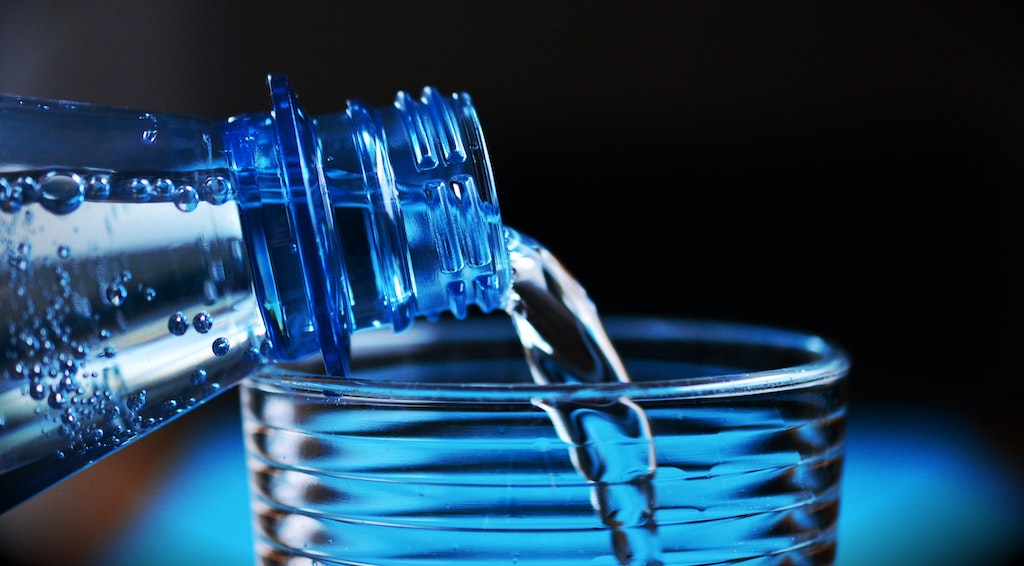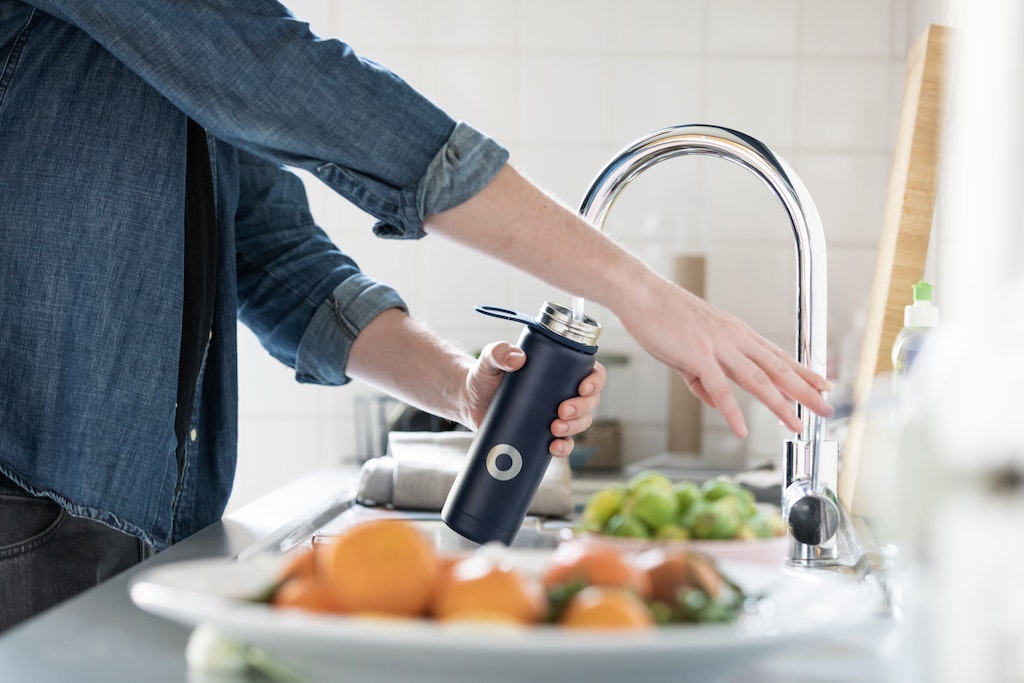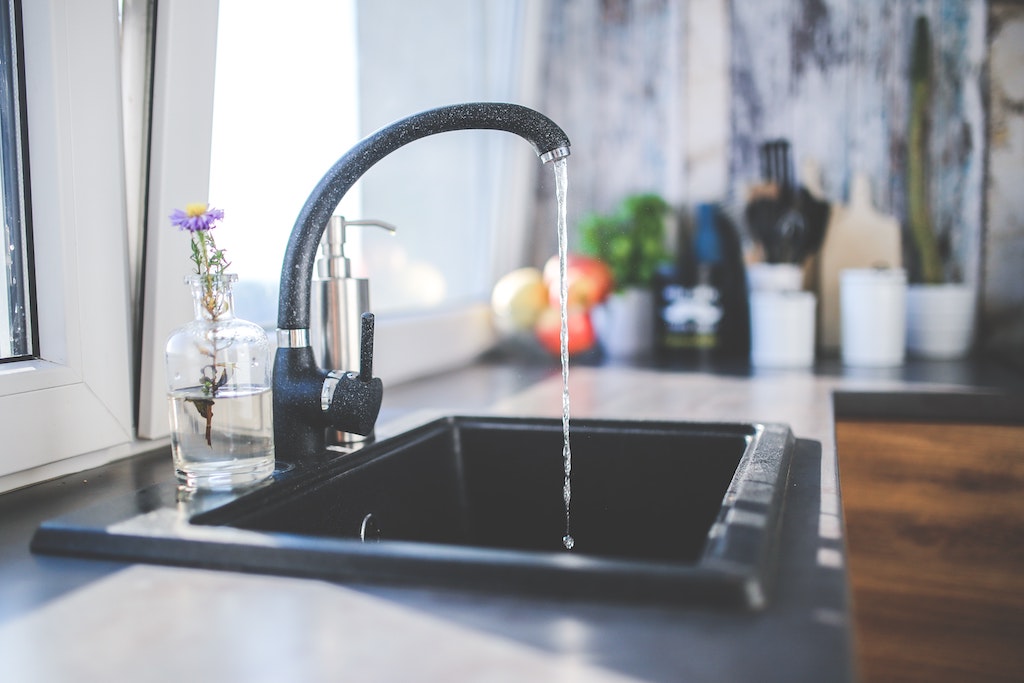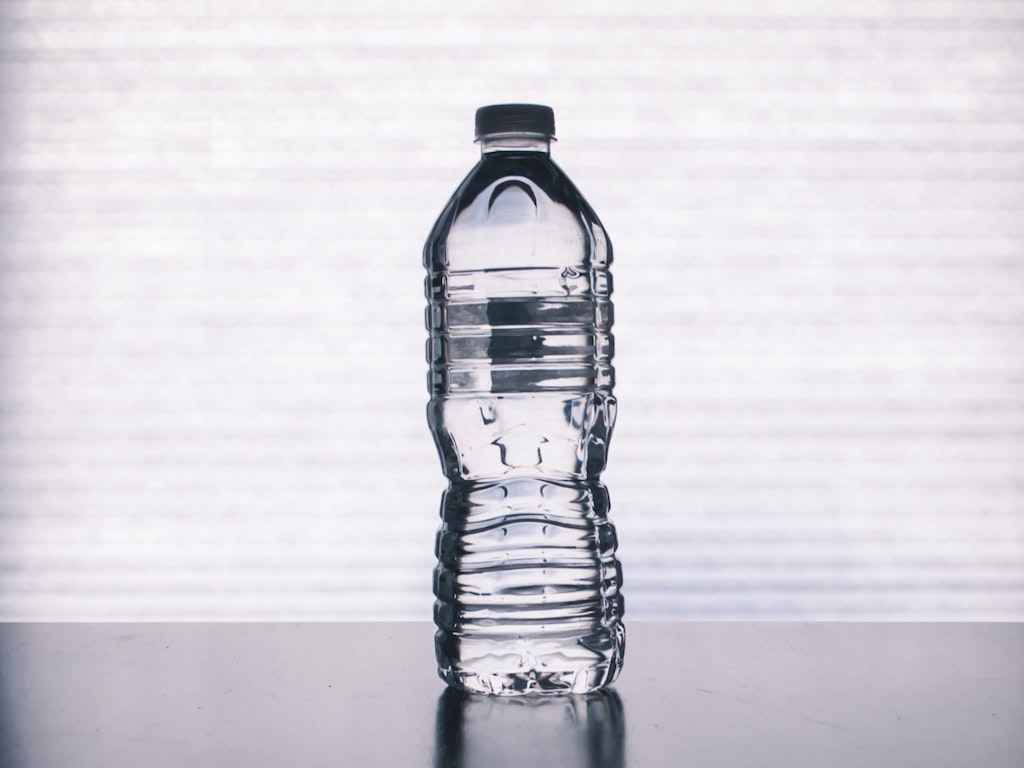3 Mins Read
It seems pretty obvious that bottled water isn’t environmentally friendly. But how much more damage does it do to the planet compared to tap water? A new study by scientists in Barcelona reveals that the climate impact of bottled water could be as much as 3,500-times higher than your regular tap option.
If you want to lower your carbon footprint, at least when it comes to how you choose to hydrate, choosing tap is definitely the better option. That’s the conclusion of a new study, published in the peer-reviewed journal Science of the Total Environment, where scientists at the Barcelona Institute for Global Health compare the climate impacts of individual water consumption.
3,500-times higher climate impact

Using a life cycle assessment, the scientists assessed what would happen if the whole population of Barcelona shifted to bottled water. According to their calculations, the additional production would leave behind a 1,400-fold larger impact on ecosystems compared to tap water. That roughly equates to 1.43 wildlife species being lost every single year.
It’ll also require US$89.9 million more per year in costs in terms of raw material extraction, which equates to around 3,500-times the resource extraction necessary for drinking tap water.
“Our results show that considering both the environmental and the health effects, tap water is a better option than bottled water, because bottled water generates a wider range of impacts,” said study author Cathryn Tonne.
Tonne, a researcher with the Barcelona Institute for Global Health, worked alongside scientists from the Group of Environmental Engineering and Microbiology of the Universitat Politècnica de Catalunya·BarcelonaTech (UPC) for the study.

Health impact: bottled vs. tap vs. filtered
But it isn’t just a huge climate impact that bottled water leaves behind. Researchers also carried out a health impact analysis of bottled water consumption, tap water and filtered tap water. They drew data from the Barcelona Public Health Agency on the level of chemical compounds in the water supply within the city.
The scientists wanted to investigate the presence of compounds in tap water because many residents in Barcelona had been drinking more bottled water under the assumption that the water supply contains high levels of trihalomethanes (THM), which is used in the disinfection process.
According to their findings, a complete shift to tap water would actually lead to a 2-hour decreased life expectancy borne equally by all Barcelona residents. But this risk is considerably lowered simply by filtering tap water using domestic home filters—decreasing the total years of life lost to 36.

“Tap water quality has increased substantially in Barcelona since the incorporation of advanced treatments over the last years,” says lead author Cristina Villanueva.
“While it is true that tap water may contain THM derived from the disinfection process and that THMs are associated with bladder cancer, our study shows that due to the high quality of the tap water in Barcelona, the risk for health is small, especially when we take into account the overall impacts of bottled water.”
In 2019, United Nations researchers warned that more microplastics are now being found in both treated tap and bottled water, but noted that bottled water contains more minuscule plastic polymers coming from the container and cap. At the time, the body called for more research to be undertaken to fully understand the human health impacts of microplastic consumption.
Lead image courtesy of Unsplash.




